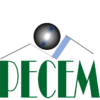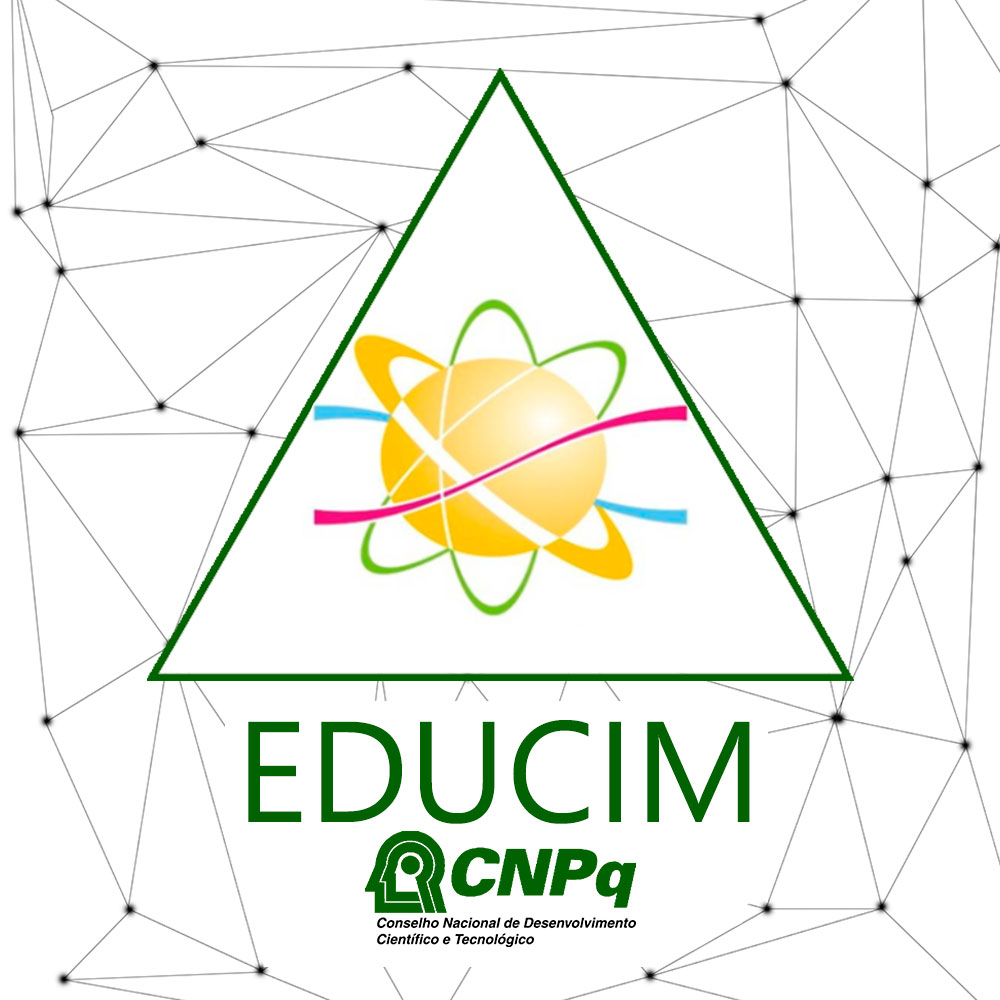
EDUCIM – EDUCATION IN SCIENCE AND MATHEMATICS
Coordinators: Sérgio de Mello Arruda, Marinez Meneghello Passos e Fabiele Cristiane Dias Broietti
Group page: http://educim.com.br/
Instagram: https://www.instagram.com/edu.cim
The EDUCIM research group aims to investigate issues related to teacher education, teaching and learning in Science and Mathematics, both in formal and informal education. Three PECEM supervisors are part of the group: Sergio de Mello Arruda, Marinez Meneghello Passos and Fabiele Cristiane Dias Broietti, being responsible for its coordination. The group has collaborated with researchers from other institutions in Brazil (mainly from Paraná) and abroad, such as the University of Aveiro (Portugal) and the Mozambican universities UniLicungo and UniRovuma. In recent years, it has dedicated itself mainly to investigating teacher action, student action and their connections, trying to understand what teachers and students actually do in the classroom. This research program, called PROAÇÃO, has two general questions: a) What teacher and student actions are observed in Science and Mathematics classes in basic and higher education, how can they be interpreted and in what ways do they connect? b) What implications for teaching, learning and teacher education can be drawn from the results found? Qualitative analyzes (discourse analysis, content analysis, textual discursive analysis) have been adopted as general methodologies for data interpretation. The group is installed on the premises of the Museum of Science and Technology of Londrina (MCTL), a supplementary body of UEL, located on the campus, and is responsible for the activities of the Research and Development Sector of the MCTL.
Research lines:
- Teacher action, student action and their connections
- Teaching and Learning in Science and Mathematics
- Teacher education in Science and Mathematics
- Relationship to knowledge in the classroom
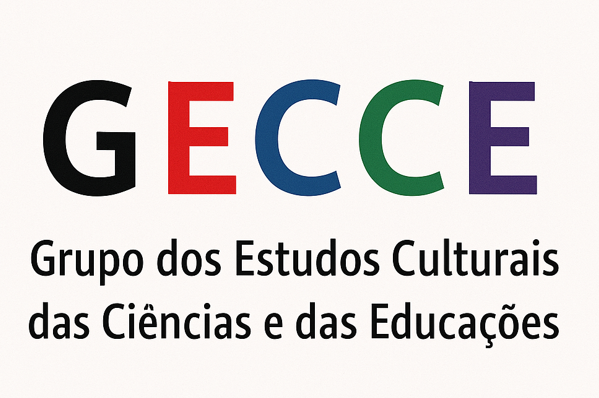
GECCE – Science and Education Cultural Studies Group
Coordinator: Moisés Alves de Oliveira
In this group, we study and research the production of science through detailed studies of scientific activities from a more social rather than epistemological perspective. Our foundation is related to the sociology of knowledge, which believes in a constructionist and heterogeneous connection between scientific knowledge and social life. The engaged interest in this perspective aligns us with non-structuralist thinking and provides new insights and problematizations regarding social and natural determinants. This leads to activities and actions that align with the thought and posture commonly referred to as Cultural Studies (of Science).
The participants in the group are characterized by adopting non-paradigmatic strategies and thoughts, rejecting specific methodologies or any tradition that establishes its own discourse. This constitutes a field of research and study where the object, the informant, and the event are viewed as non-disciplinary, often taking positions that are antagonistic to other academic fields, particularly those considered disciplined or disciplining.
The GECCE is consistently concerned with examining cultural practices from the perspective of power relations, agonisms that permeate the articulations of culture, education, and knowledge. We aim to problematize science and scientists in their various hybrid and mixed dimensions of science in collective life, with history, flexibility, and culture; ultimately, making scientific activity more grounded in reality. We seek to understand how agreements are established, who holds the power to decide, and how “evidence” is constructed in scientific statements and the very condition of scientific production. The goal is to reach stable and reliable points of analysis that seek to overcome the scientific mysticism of a purely theoretical-cognitive system in scientific activities.

GEPPMat – MATHEMATICAL THINKING STUDY AND RESEARCH GROUP
Coordinator: Angela Marta P. D. Savioli
Abstract: The Study and Research Group on Mathematical Thinking – GEPPMat -, under the guidance of Professor Angela Marta P.D. Savioli, integrates the study groups of the Graduate Program in Science Teaching and Mathematics Education – PECEM at UEL. The Geppmat develops studies and research on mathematical thinking from the perspective of theorists, such as Tall (2002), Resnick (1987), Sfard (1991), Dreyfus (1991), Dubinsky (1991), Lajoie and Mura (2004), among others. The central issues in the group’s discussions and research are: characterizations of mathematical thinking (advanced and elementary), especially algebraic thinking; processes involved in the development of this thought; difficulties in learning mathematical concepts; characteristics of algebraic thinking evidenced by students of High School.
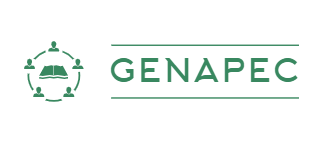
GENAPEC – TEACHING, LEARNING AND SCIENTIFIC EDUCATION STUDY GROUP
Coordinator: Andreia de Freitas Zompero
Abstract: The study group Teaching, Learning and Scientific Education – GENAPEC, is registered in the CNPq directory and aims to study and investigate the fundamentals of teaching and learning in the Natural Sciences based on references from cognitive psychology, meaningful learning, teaching by investigation and epistemic practices. It provides spaces for discussions and presentation of studies related to scientific education and its interlocutions with health education aimed at training students and teachers.
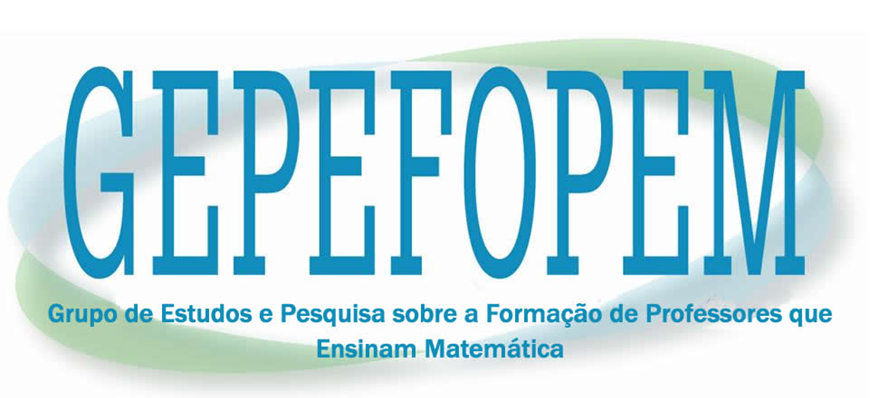
Study and Research Group on Mathematics Teacher Education
Coordinator: Márcia Cristina de Costa Trindade Cyrino
Group website: http://www.uel.br/grupo-estudo/gepefopem/apresentacao.html
Instagram: https://www.instagram.com/gepefopem/
The Study and Research Group on Mathematics Teacher Education – Gepefopem is formed by researchers, teachers, and future teachers interested in investigating the foundations and processes of constitution of teacher knowledge in the initial and continuing education of mathematics teachers; the teachers’ understanding of how their students learn; the knowledge mobilized in the elaboration of mathematical activities for the classroom, as well as training in context. Therefore, we seek to understand the factors involved in teacher learning and the movement of the constitution of their professional identity in different contexts, such as study groups, Communities of Practice, Collaborative Groups, subjects, activities of the degree course, among others.
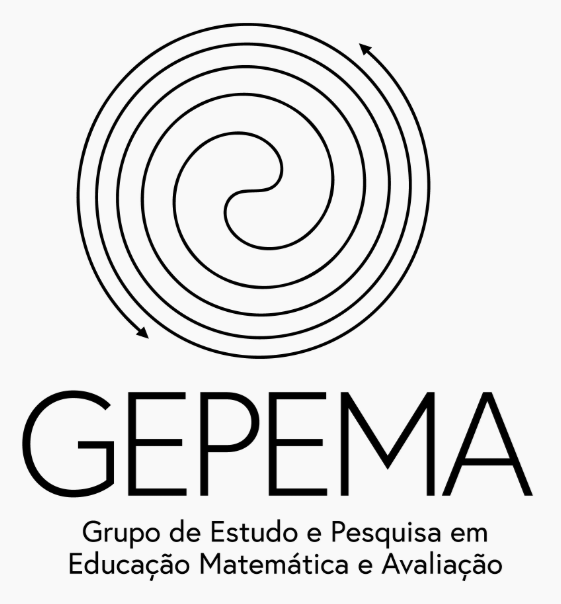
Study and Research Group in Mathematics Education and Assessment
Coordinator: Regina Luzia Corio de Buriasco
Página do grupo: http://www.uel.br/grupo-estudo/gepema/
Instagram: https://www.instagram.com/gepemauel/
Abstract: The Study and Research Group in Mathematics Education and Assessment (GEPEMA) registered in the Directory of CNPq Groups, is located in the Department of Mathematics of the State University of Londrina (UEL) and develops its activities in the Graduate Program in Teaching of Science and Mathematics Education at UEL. Currently, the main activities include research related to Realistic Mathematics Education and Assessment of School Learning, as well as the training of researchers at Masters and Doctoral levels.
Professor(s) from PECEM who are part of the group:
- Regina Luzia Corio de Buriasco
- Magna Natalia Marin Pires
- Pamela Emanueli Alves Ferreira
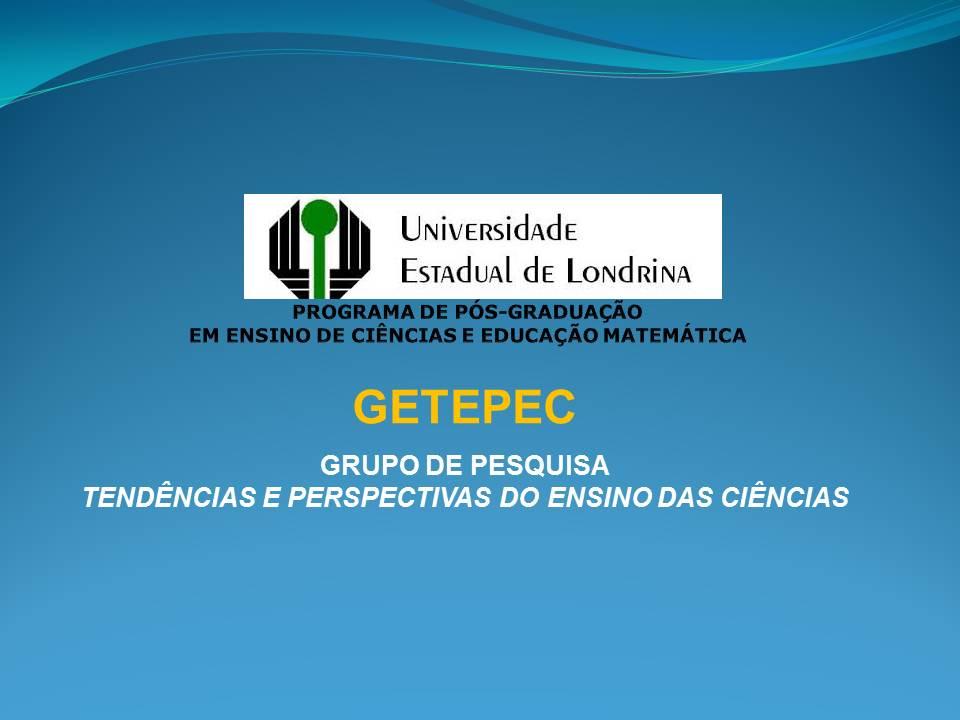
STUDY AND RESEARCH GROUP: TRENDS AND PERSPECTIVES IN SCIENCE TEACHING
Coordinator: Álvaro Lorencini Júnior
Group Website: http://getepecuel.blogspot.com/
This research group aims to investigate the theoretical and methodological references that meet the objectives and research questions from the perspective of reflective, investigative and critical practice of initial and continuing education for science teachers; research the trends of interactive processes and their implications for the elaboration of meanings in the
classroom; to investigate the perspectives of teaching processes for the learning of scientific concepts and trends in educational processes for the construction of values within the scope of environmental education and education for sexuality.
Research lines:
• Initial and Continuing Teacher Education in the Sciences;
• Science Teaching and Learning; • Interactive Processes in the Classroom;
• Environmental Education;
• Education for Sexuality.
PECEM professors who are part of the group: Mariana Ap. Bologna Soares de Andrade.
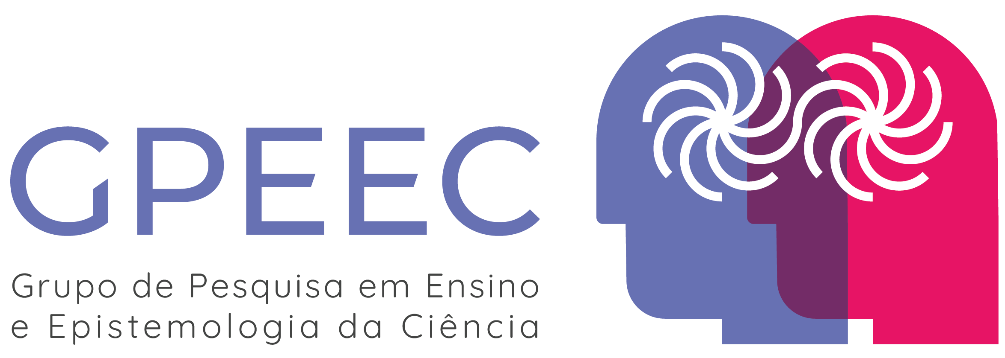
GPEEC – RESEARCH GROUP ON TEACHING AND EPISTEMOLOGY OF SCIENCE
Coordinator: Mariana A. Bologna Soares de Andrade
Instagram: https://www.instagram.com/gpeec_uel/
This research group aims to investigate questions about the teaching and epistemology of science. Research is guided by the theoretical frameworks of the epistemology of science, nature of science and science teaching. In this perspective, the researchers in the group investigate the teaching and learning processes of science. The group’s studies have two thematic lines: general knowledge in science education and biological knowledge, in particular, biological evolution in science education.
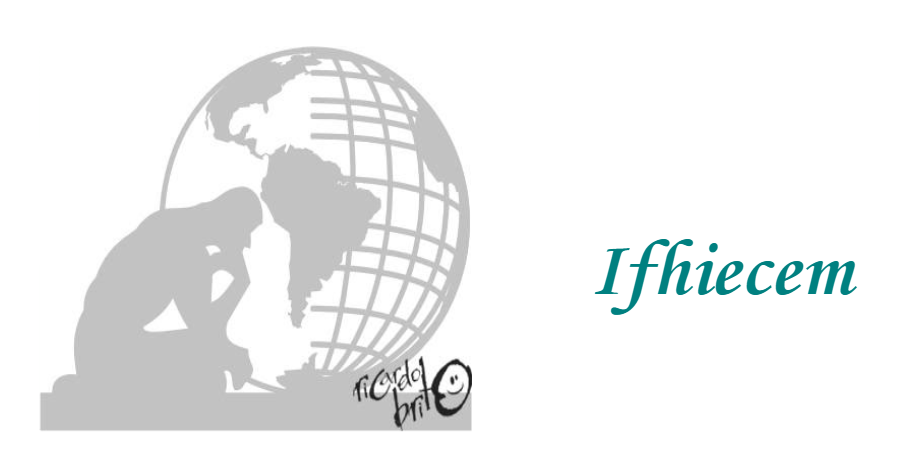
RESEARCH IN PHILOSOPHY AND HISTORY OF SCIENCE, SCIENTIFIC AND MATHEMATICS EDUCATION
Coordinator: Irinéa de Lourdes Batista
Group Website: http://www.uel.br/grupo-pesquisa/ifhiecem/index.html
Instagram: https://www.instagram.com/ifhiecem/
The research team brings together the areas of Natural Sciences: Biosciences, Chemistry and Physics, and Mathematics, and its investigative basis lies in historical, philosophical and sociological issues in scientific theorizing, from the understanding of the concept of scientific theory and in the discussion of construction and progress of scientific theories. From this base, these areas are articulated in an epistemic-methodological interdisciplinary way for research in teaching knowledge and learning in Scientific and Technological Education. The current thematic focus on teachers’ knowledge in initial and in-service education; Didactics of Sciences and investigation of developments of didactical approaches (Research-Based Practices); diversity, equity, and inclusivity in science education, in particular, for the protagonist participation of women in science (gender bias, social and environmental influences, barriers, and obstacles to women’s participation).
Science Education Resarch Group
Coordinator: Carlos Eduardo Laburú
Investigation of theoretical elements in the field of semiotics studies that help to understand the nature, causes and effects of students’ difficulties in making sense of scientific symbolic representations and how to overcome them. Concomitantly, it also investigates teaching and learning problems related to representational multimodality, as well as experimental activities in science teaching, the relationship between theory and evidence, the question of measurement, the formulation of hypotheses, among other related topics.
Researcher Professors: Paulo Sérgio de Camargo Filho
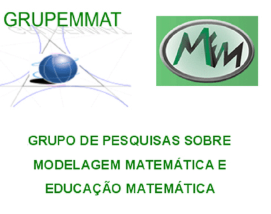
GRUPEMMAT – RESEARCH GROUP ON MATHEMATICAL MODELING AND MATHEMATICAL EDUCATION
Coordinator: Lourdes Maria Werle de Almeida
Group website: http://www.uel.br/grupo-pesquisa/grupemat
Instagram: https://www.instagram.com/grupemmat/
The group’s study and research theme consists of Mathematical Modeling in Mathematics Education. In recent decades, research involving this thematic has grown considering both theoretical constructions and the development of empirical studies. The study group also encompasses these two fronts. Regarding theoretical aspects, on the one hand, the researches are directed to elements internal to mathematical modeling, such as, for example, the particularities of stages such as mathematization and validation, the authenticity of modeling activities as well as the competencies of students when developing this kind of activities. On the other hand, the interlocution of modeling with theories such as philosophy of language and semiotics is also investigated. Thus, the construction of an interface between semiotic and mathematical modeling as well as a look at mathematical modeling in the light of Ludwig Wittgenstein’s thought are the interests of the group’s participants. Regarding the empirical work, mathematical modeling activities are developed by the group participants as well as the development of modeling activities by the participants in their classrooms.
STUDY AND RESEARCH GROUP IN MATHEMATICS EDUCATION AND TEACHER EDUCATION
Coordinators: Bruno Rodrigo Teixeira and Edilaine Regina dos Santos
Summary: This study and research group aims to investigate elements, contexts, and actions that can contribute to teacher education in Mathematics, as well as investigate aspects related to the construction of student knowledge and the assessment of learning in Mathematics.
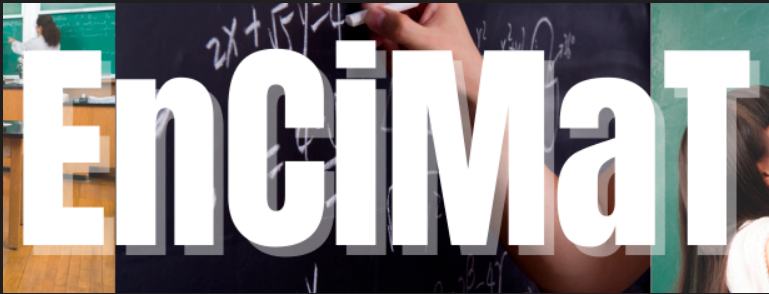
ENCIMAT – RESEARCH GROUP IN SCIENCE EDUCATION, MATHEMATICS EDUCATION, AND ICT’S IN TEACHING
Member: Gustavo Iachel
Group Website: https://encimat.ufpr.br/portal/pagina-exemplo/
Summary: The Research Group in Science Education, Mathematics Education, and ICT’s in Teaching (EnCiMaT) is linked to the Graduate Program in Science Education, Mathematics Education, and Educational Technologies at the Federal University of Paraná – Palotina Campus. Our main goal is to understand the phenomena that comprise the teaching and learning processes in the fields of Exact Sciences and Technologies.
